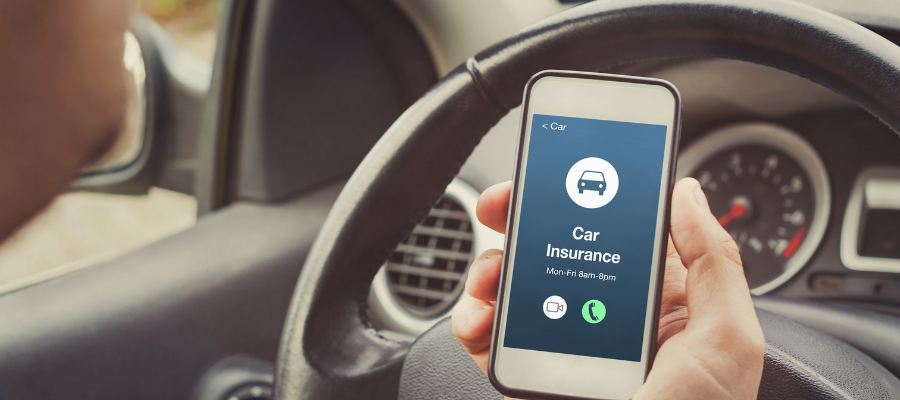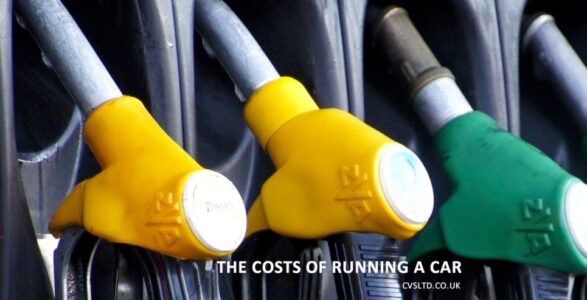Insurance Considerations for Leased Vehicles: What You Need to Know

Published 23 February 2024
Leasing a vehicle can be an attractive option for those who want to drive a new car without the long-term commitment of ownership. However, when it comes to insuring a leased vehicle, there are some essential considerations to keep in mind. In this article, we’ll explore the key points you need to know to ensure you’re adequately protected while driving your leased car on UK roads.
1. Comprehensive Coverage is a Must
When you lease a vehicle, it’s crucial to have a fully comprehensive insurance policy in place. This type of coverage goes beyond the minimum legal requirements and provides comprehensive protection for both your leased car and third-party property. Here’s what you should know:
- Repair Costs: Comprehensive insurance covers the full cost of repairing any damage to your leased vehicle, whether it’s due to an accident, theft, or vandalism.
- Third-Party Liability: It also includes coverage for damage to other people’s property or injuries caused by your vehicle.
2. Inform Your Insurance Provider
When arranging your insurance policy, make sure to provide the following information to your insurance provider:
- The hirer obtaining finance (that’s you) must be the main policy holder on the insurance certificate.
- Clearly state that the vehicle is a leased vehicle.
- The registered owner and keeper of the vehicle is the finance provider.
3. Timing Matters
Timing is crucial when it comes to insuring your leased vehicle:
- Arrange your insurance before delivery: Once your leased vehicle has arrived at the dealership and all necessary checks are complete, you’ll be contacted to arrange delivery. At this point, ensure your insurance is in place.
- Day of Delivery: Your new lease vehicle must be insured from the day of delivery. The insurance coverage must remain in force until the finance provider collects the vehicle.
- Proof of Insurance: Before delivery, provide proof of insurance that includes your name, registration number, and a date on or before your delivery date.
4. Cost Considerations
Manage costs when selecting your lease car and shopping around for insurance:
- Shop Around: Compare insurance quotes from different providers to find competitive rates.
- Safe Driving: Some policies reward safe driving habits. Consider these options to potentially lower premiums.
- Choose Wisely: Opt for a more economical car to lease.
- Credit Rating: Improving your credit rating can positively impact insurance costs.
5. Who Should Be the Policy Holder?
The hirer obtaining finance (that’s you again) should be the main policy holder on the insurance certificate. This ensures clarity and compliance with leasing agreements.
Leasing a vehicle comes with specific insurance requirements, but understanding these considerations will help you navigate the process smoothly. Whether you’re opting for a fully comprehensive policy or exploring ways to reduce costs, being informed ensures a worry-free leasing experience.
Remember, while you’re enjoying your leased car, having the right insurance coverage is essential. Drive safely and confidently, knowing you’re protected on the road.
Unlock Your New Ride!
At Compass Vehicle Services, we’re here to help you get the car you need, regardless of your credit score.



